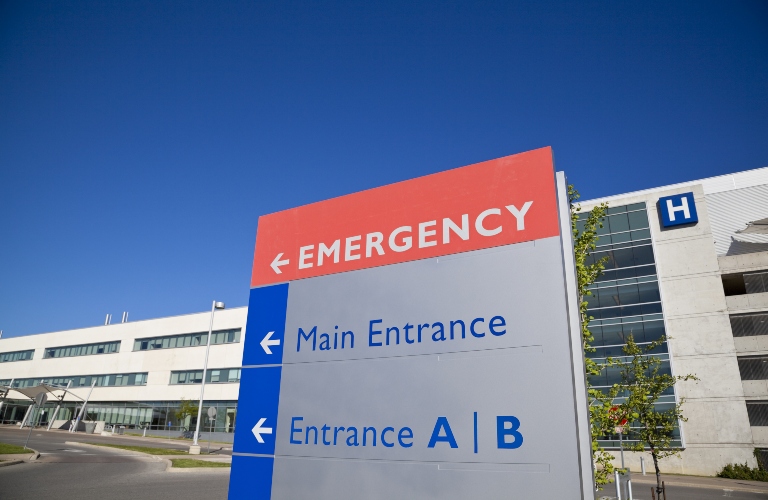
If you suffer a personal injury due to someone else’s negligence, you may be entitled to both economic and non-economic damages.
Economic damages are your monetary losses directly related to the accident. They are objective and easily calculated/proven with medical bills, receipts, etc.
The following are some examples of economic damages:
- Unpaid medical expense;
- Wage loss, earnings you lost while you were off work because of the accident;
- Future earnings, lost earning capacity, when your injuries prevent you from returning to your job;
- Funeral expenses; and
- Damage to your property (personal or real property).
Non-economic damages are intangible losses and can be difficult to quantify because they are subjective.
The following are some examples of non-economic damages:
- Pain and suffering;
- Emotional distress;
- Loss of enjoyment of life;
- Loss of consortium (companionship, sexual relationship with your spouse); and
- Loss of use of a limb.
You May Need to Prove a Permanent Injury to Receive a Payout for Pain and Suffering
In Florida, in any action of tort brought against the owner, registrant, operator, or occupant of a motor vehicle, in order to receive a payout for pain and suffering, the plaintiff has the burden of proving they suffered a permanent injury. This is often referred to as the permanent injury threshold.
Pursuant to § 627.737, Fla. Stat. (2022), a plaintiff MAY recover damages for pain, suffering, mental anguish, and inconvenience because of bodily injury, sickness, or disease only IF the plaintiff can prove they suffered:
- Significant and permanent loss of an important bodily function. OR
- Permanent injury within a reasonable degree of medical probability, other than scarring or disfigurement. OR
- Significant and permanent scarring or disfigurement. OR
- Death.
How Do You Prove You Suffered a Permanent Injury?
Your doctor treating you for your injuries is in the best position to determine if you have sustained a permanent injury. Through your medical records and/or expert testimony, your treating doctor can determine within a reasonable degree of medical probability whether you suffered a permanent injury.
Not All Accidents Require the Plaintiff to Meet the Permanency Threshold
But not in all circumstances does the plaintiff need to prove a permanent injury. This permanency threshold is only applicable when you and/or the at-fault party were in motor vehicles at the time of the accident. Victims injured while on motorcycles, passengers in Uber vehicles or a taxi and in other circumstances do not have to prove they suffered a permanent injury.If you have been injured in an auto accident, call 727-297-2032 or complete our online contact form to schedule a FREE consultation with Weber Law Firm’s experienced, Pasco County car wreck lawyer, Lauren N. Weber.
